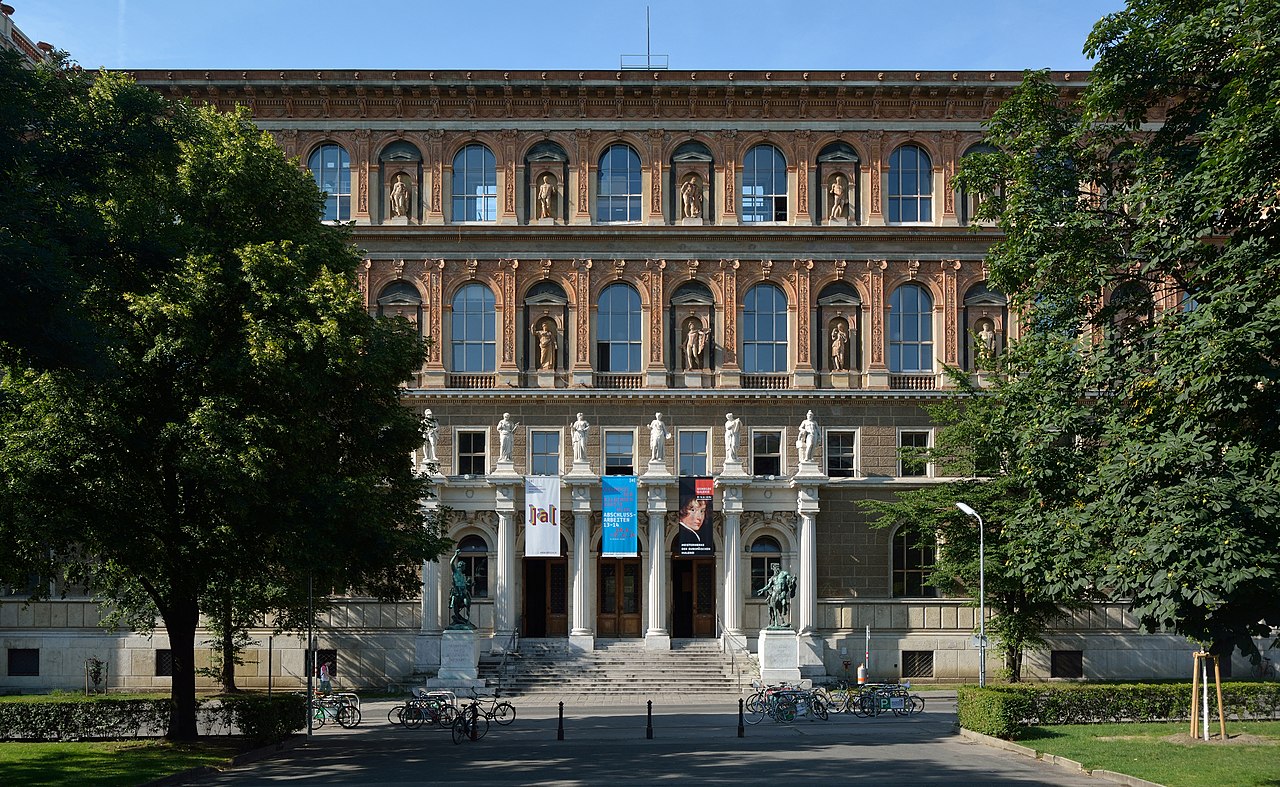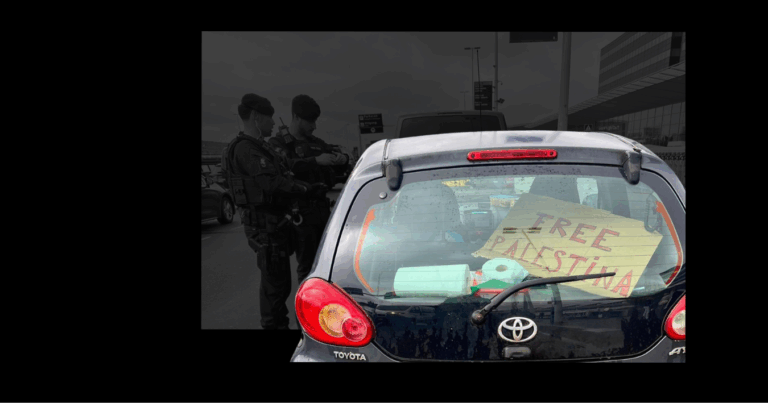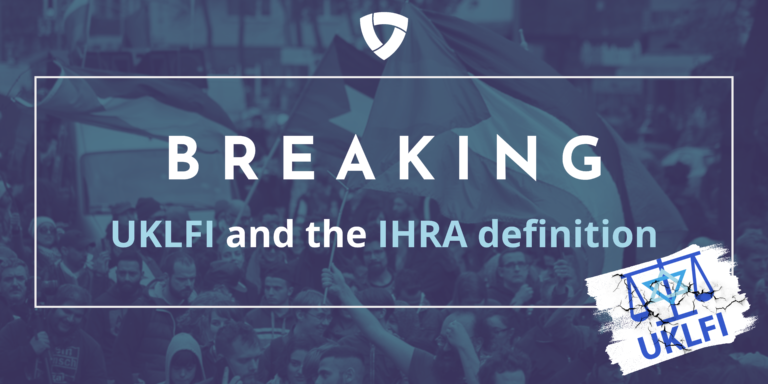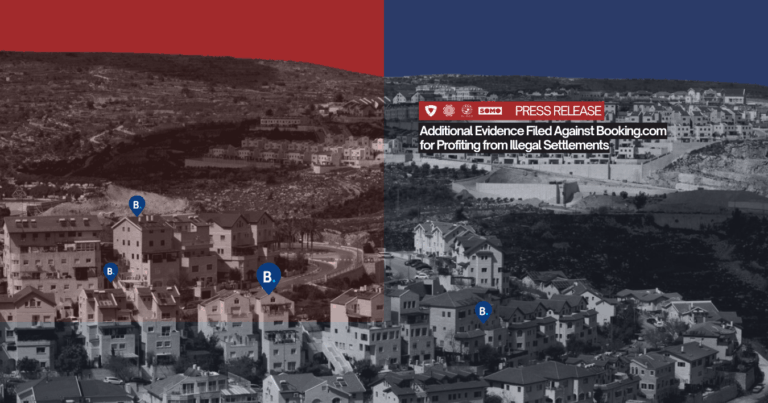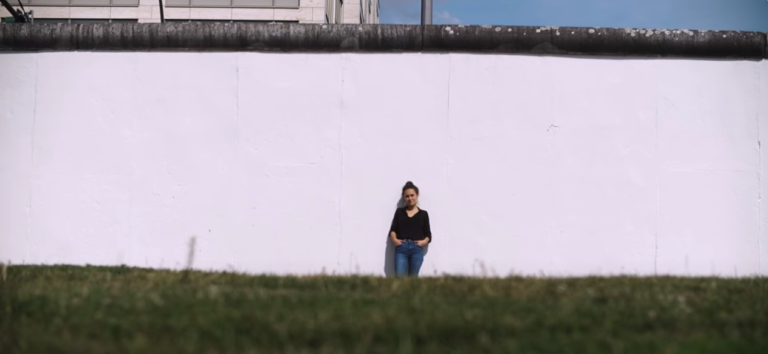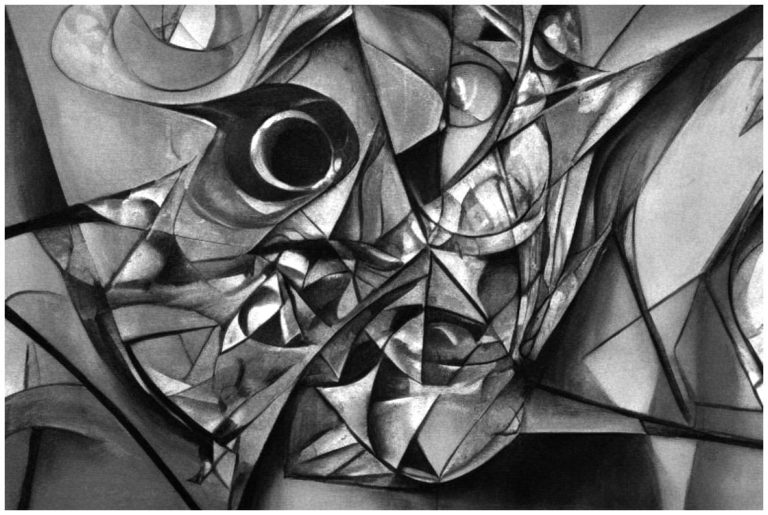New Course at Vienna Fine Arts Academy Signals Further Erasure of Palestinian Narrative
The ELSC expressly condemns the holding of a course that is likely to fuel insidious censorship of genuine anti-racist discourse.
In May 2022, Palestinian scholar Dr. Walaa Alqaisiya was hastily disinvited from the Vienna Academy of Fine Arts’ Spring Curatorial Programme: Art Geographies. While the Academy refused to apologise and to clarify the internal process that led to her censorship, Walaa and her supporters pushed back and obtained the withdrawal of the remainder of the event from the Academy’s premises.
Adding insult to injury, the Academy is now hosting a year-long course entitled “Antiantianti: Conflicts about Antiantisemitism and Antiracism in the Politicized Art World”. While Eduard Freudmann and Petja Dimitrova, the course organisers, purportedly intend to reflect on “develop[ing] practices of solidarity that are simultaneously anti-racist and anti-anti-Semitic”, the abstract manifestly misrepresents the Palestine solidarity movement. It states that, “for decades, the conflict served as a projection screen for a political left” and that “supporting the Palestinian cause was taken for granted”.
Moreover, the course organisers chose two subjects of study: Dr. Alqaisiya’s disinvitation and the dismantling of an artwork in this year’s documenta edition. Neither Dr. Alqaisiya nor any contributor to the documenta fifteen exhibition were contacted prior to the preparation of this course. By cherry-picking two isolated incidents, Freudmann and Dimitrova deliberately extricate them from their broader context and thereby exclude entire fragments of the events.
In particular, the full picture of racism, and specifically anti-Palestinian racism, which took place in both instances, is absent from the course description, and its importance is explicitly downplayed. Had the course organisers intended to engage in a fully informed discussion on anti-racism, the abstract should have referred to a comprehensive factual overview, including the accounts relating to Dr. Alqaisiya’s differential treatment and to the unabashed, systematic racism that occurred at documenta fifteen.
The course further intends to study “different definitions of racism and antisemitism”, which begs the question – will the IHRA working definition of antisemitism and its examples be used as a parameter for discussion? If so, the course would likely steer the conversation away from anti-racism by eliminating the Palestinian narrative in favour of a widely criticised definition of antisemitism that conflates legitimate criticism of the Israeli state with antisemitism. This equation is extremely harmful to the global struggle against racism and the just pleas of the oppressed Palestinian people.
A space must be provided in academia for the free expression of sentiments of Palestinian solidarity, without repression. The ELSC therefore strongly condemns the maintenance of this course under the preconceptions expressed in its abstract, which is likely to harm individuals who are already facing outrageous smears and attacks.
Photo: Academy of Fine Arts Vienna, Schillerplatz 3, 1st district of Vienna, Peter Haas / CC BY-SA 3.0

